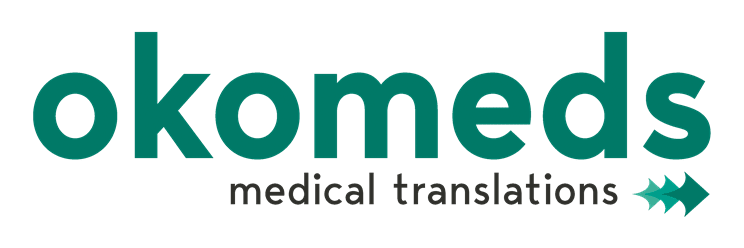
11 May Ensuring accurate medical translations for Contract Research Organizations (CROs)
In today’s world, at least in developed countries, people tend to live longer. Therefore, research on curing or minimizing ailments has a huge field. At the same time, each treatment needs testing and approval in each country, and the needs for good medical translation is part of the process.
CROs need accurate medical translations
As a response to the regulatory complexities encountered by pharmaceutical or bio-pharmaceutical companies during their product research and development stages, CROs emerged as an industry during the late 1990s.
A Contract Research Organization, or a Clinical Research Organization (CRO), is an entity that offers support, among others, to biotechnology companies and to manufacturers of medicinal products, charging fees for their services. Foundations, universities, government organizations, colleges or research institutions, can also act as CROs in the market.
These companies or institutions need translation experts in the trial phase, in order to handle the required documents and the compulsory translations. In this sense, choosing the right translation company to work with, as well as establishing the adequate process, standards and methodology for each project, can be the difference between quality results, meaning accurate medical translations, or delays, additional expenses in the best scenario or responsibilities regarding life losses and/or legal penalties, in the worst.
Having accurate medical translations of the required documents and in a timely manner is a critical function to any successful clinical trial.
Outsourcing medical translations
It is not a secret that due to the amount of money spent in clinical trials, they are conducted to be globally approved and are by nature global. This means complying with every country’s set of regulations and guidelines. And submissions usually require accurate medical translations, at least of the main documents into the correspondent national language. We are referring to documents such as clinical summary reports, regulatory requirements, investigator brochures or patient informed consent forms.
A typical example is the access to the EU market, with 24 official languages.
It is a common practice, because it offers a competitive advantage, to outsource translation services to medical translation companies, as costs of having in-house staff might be higher.
On the other hand, taking into account all the duties CROs take under their responsibility, it is no wonder that they outsource to specialized companies their need of accurate medical translations. Acting in this way is also cost-effective for them.
CRO’S duties may include: laboratory analysis, manufacturing, experimental design, product formulation, pre-clinical studies, product development, project management, Data entry and statistical analysis, clinical trial management or IRB approval, among others.
Therefore, they outsource to medical translation services the cultural barriers of language in order to meet the specific requirements of the local regulatory authorities.

Security techniques applied to obtain accurate medical translations
To avoid delays, responsibilities and penalties, there are several security techniques that allow double or triple checking translations, such as back-translation, cognitive debriefing, proofreading, comparing translations directly to the original source text, reviewing medical terminology, scattered throughout any document, and review of eponyms, when different names for the same thing are used in a specific language.
- Back translation, refers to the technique consisting in another translator reverse-translating the translated text into its source language, without reference to the original text to minimize bias.
- Cognitive debriefing, involves verifying the level of comprehension of a translation by the target audience.
- Proofreading, refers to the technique of reading a copy of a document, normally by a third person, to detect and correct possible errors.
- Translation reviews by another translator. Once the translation is complete, another technique is to send it for review to another translator to check and correct the document, or even improve it, in order to make the document appear as one written directly in the target language. However, the second translator must compare the translation directly to the original source text. The reviewed document then is submitted to the first translator for approval, in order to validate the changes. This can include a discussion between translators until the final accurate medical translation version is rendered.
Both, contract research organizations and their clients or sponsors, know that having accurate medical translations of the required documents and in a timely manner is a critical function to any successful clinical trial.






Sorry, the comment form is closed at this time.